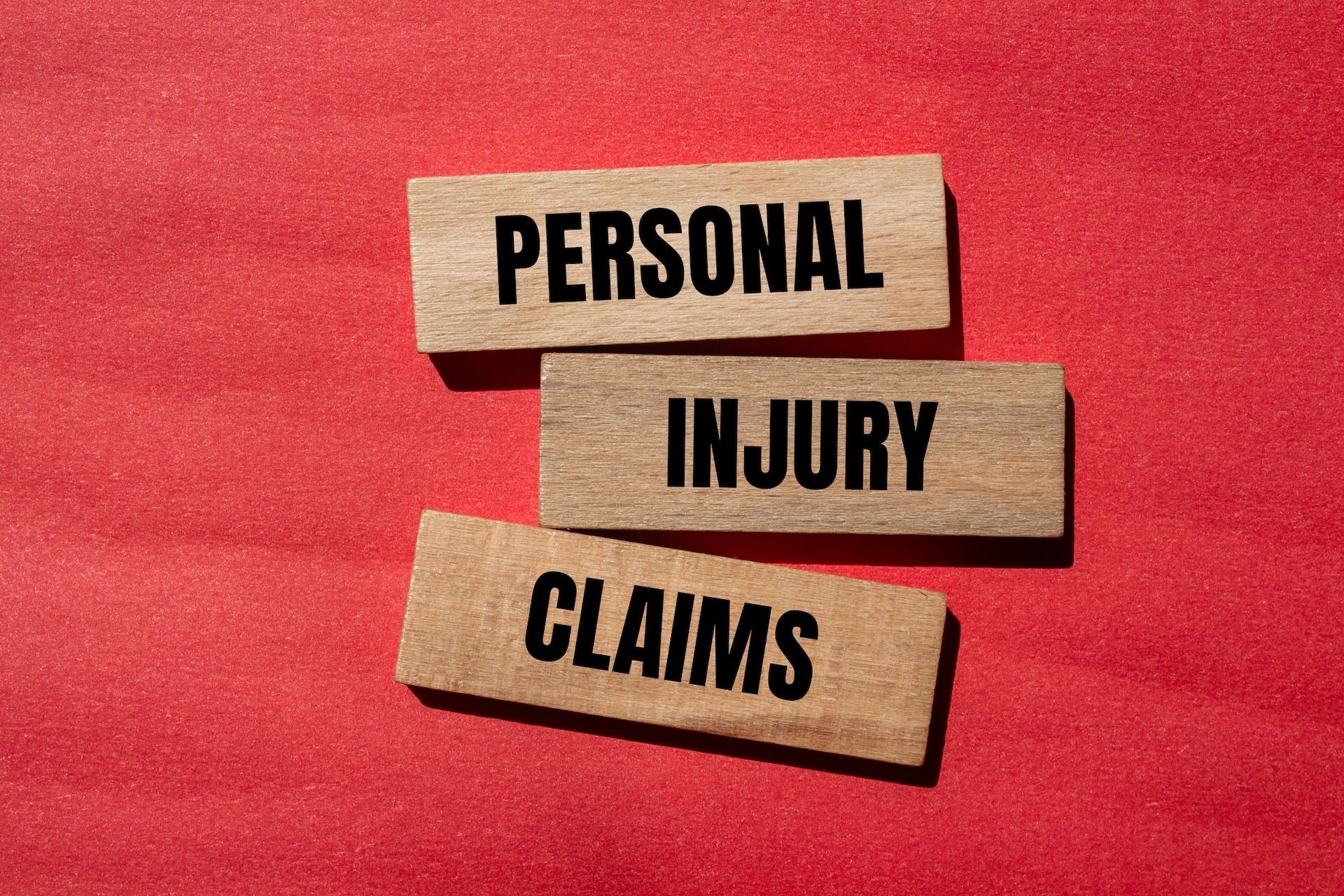Types Of Damages In Wrongful Termination Suits

A majority of American citizens are at-will employees, meaning they can get fired for any reason, be it good or bad.
At face value, this doesn’t seem like much of a problem. But once you dig a little deeper, it’s easy to see that the livelihood of a large group of people relies on the whims of their employer. According to UCLA, around 2 million are fired yearly, with around
150,000 employees being wrongfully terminated.
If this happens to you, you can file a lawsuit against your employer, and if you win, you can levy different types of remedies.
In this post, we take a deeper dive into the legal damages you’re entitled to in case you’re wrongfully fired. By the end, you’ll know exactly what is front pay and how different it is from back pay.
What is front pay?
If you’ve won a retaliation, a wrongful termination, or a discrimination claim against your employer, you may be awarded front pay compensation. But what is front pay and in which cases can you receive it?
It’s a type of compensatory damages awarded to compensate wrongfully terminated employees for the future earnings they would have earned if the termination never happened.
The main goal behind it is to reimburse the employee for the lost wages that occurred due to their employer’s actions.
Depending on the circumstances, front pay is rewarded if the plaintiff can’t get reinstatement at their job. For instance, maybe someone else filled their position, or their employer eliminated the position in the meantime.
Front pay is also favorable if the situation with the plaintiff’s employer is undesirable and there is hostility involved. The same applies if the working environment is inhospitable.
Here are a few examples to illustrate exactly what is front pay:
1. Front pay in an anti-retaliation case
Let’s say a company refused to follow the safety and health procedures that one of the employees described in their written reports. After enduring intimidation from the employer because of the reports, the employee got fired and then brought a whistleblower case to trial.
If the judge rules in the employer’s favor, they’re entitled to front pay that covers:
1. their lost wages
2. the harm to their reputation
3. emotional distress stemming from losing their employment and being unable to find a comparable job for a significant period
2. Front pay in an anti-discrimination case
Imagine a scenario where an employee is suffering discrimination while working for a construction company. The employer might have refused to give the employee the necessary hours or sign their timetables.
Not long after the employee reported these actions to human resources, they were fired.
If the employee wins the suit, they can be awarded front pay for the wages they would have earned if they had been granted the promised amount of work. Additionally, they might also receive financial aid to cover lost wages for the time that it took them to find other employment.
Now that you’re familiar with what is front pay, let’s shift our focus to the other type of compensation - back pay.
What is back pay?
It might sound opposite from what is front pay, but they’re quite similar, leading many people to use the terms interchangeably.
Back pay refers to wages and any other benefits an employee was denied. In other words, this type of compensation is given to an employee for the amount they would have earned if their employer didn’t fire them.
The amount awarded usually depends on the date of the termination and the date of the issuing of the judgment.
Let’s demonstrate back pay with an example. An employer decides to retaliate against their employee for any reason and forces them to accept a lower salary. In case the plaintiff wins the suit, they may receive back pay to recover the wages they would have received if their salary didn’t get cut.
When we explained what is front pay, we mentioned how with this type of compensation, the employee may not wish to be reinstated. In contrast, if the court rewards the employee back pay, there is still a possibility they may get reinstated to the same position.
However, this could cause an issue if the relationship between the employee and employer is significantly resentful (which the court may not recognize). With back pay, the employer is not required to pay the employer if the employer accepted the unconditional offer to be reinstated.
Calculating equitable remedies
It’s possible to calculate the amount you might receive from both back pay and front pay. While back pay is quite straightforward to figure out as you only need to use financial materials such as wages or pay stubs, there are many factors to consider with front pay.
The basic front pay depends on the employee's salary before the termination. Employees can also seek compensation for lost benefits, such as the cost of healthcare. While that’s all still simple, many employees have the right to seek additional damages on top of the basic amount of front pay, which is where things can get complicated.
Additional compensation may include pain and suffering, along with punitive damages which have limits depending on the size of your employer’s company. For example, the limit on damages for companies that have more than 500 employees is $300k, while the limit on those that have between 15 and 100 employees is $30k.
If that wasn’t complex enough, other factors that determine the amount of compensation are age, work, and life expectancy, as well as the employer’s effort of mitigation, and so on.
This is the main reason why we suggest contacting an attorney, which brings us to…
An attorney can help your employment claim
Hopefully, now you’re familiar with the basics of what is front pay. While at-will employees will probably never be safe from discrimination and wrongful termination, knowing there are steps you can take towards justice will at least help put your mind at ease.
If you’ve been wrongfully terminated, you should contact a professional right away. An experienced employment attorney can help you cut through the noise and explain the ins and outs of workplace lawsuits.
They can also help you collect an approximate amount of front pay and any other additional damages.
If your rights were violated by your employer and you’ve got an employment law claim, you owe it to yourself to contact an attorney right away and book a consultation. Your employer should be held accountable, and an experienced attorney can help you pursue justice.
Note:
The information in this blog post is for reference only and not legal advice. As such, you should not make legal decisions based on the information in this blog post. Moreover, there is no lawyer-client relationship resulting from this blog post, nor should any such relationship be implied. If you need legal counsel, please consult a lawyer licensed to practice in your jurisdiction.
Disclaimer: The information on this website and blog is for general informational purposes only and is not professional advice. We make no guarantees of accuracy or completeness. We disclaim all liability for errors, omissions, or reliance on this content. Always consult a qualified professional for specific guidance.








